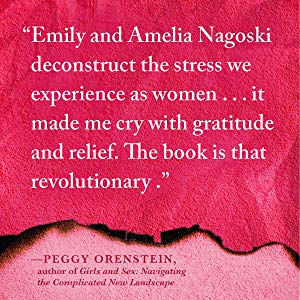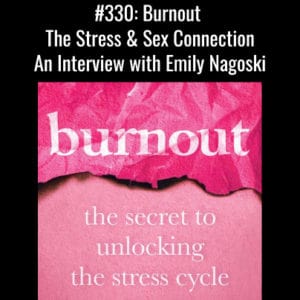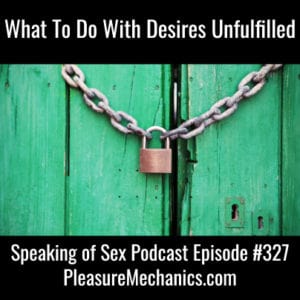Join us for our Speaking of Sex mini series (and group erotic experiment!) on Sexual Burnout! April 2019 we will be hosting a month long exploration of how the stress cycle gets in the way of our sex lives, and what we can do about it.
- Order your copy of Emily Nagoski’s new book Burnout.
- Tune in to the podcast for our mini series on Burnout & Sexual Burnout
- Join The Pleasure Pod to unlock our Pleasure Practices library and other member-only resources!
Your Sexual Self Care Pleasure Tools
- One you don’t want to wait to get started with are these INCREDIBLE rolling balls. TRUST us on this one – the minute you feel it, you’ll “get it” The TuneUp Roll Model Kit* will get you started with one of the BEST self care practices we have found recently.
Creating Your Bedroom As A Haven
Part of sexual self care is creating spaces you lovingly curate to be erotic refuge for yourself. We’ll talk more about this on the podcast. For now, look around and start noticing what you enjoy about your bedroom and what you might want to upgrade when you have the chance! Is there laundry in the corner? Piles of junk you’ve been meaning to give away?
Now might be a good time to “Kondo” your sex life.

Note: Every once in awhile, one of the links in our emails will be an affiliate link that means your purchase will help support Pleasure Mechanics. But we’ll never link to anything we don’t totally stand behind! Affiliate links are marked with an asterisk *






